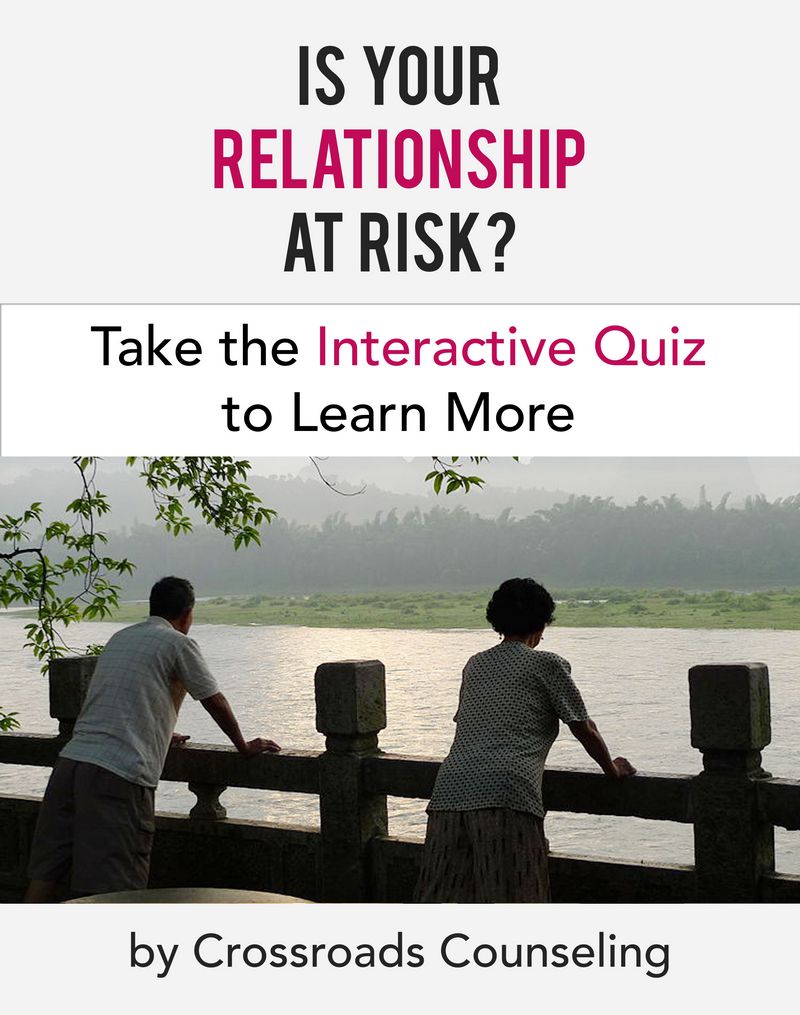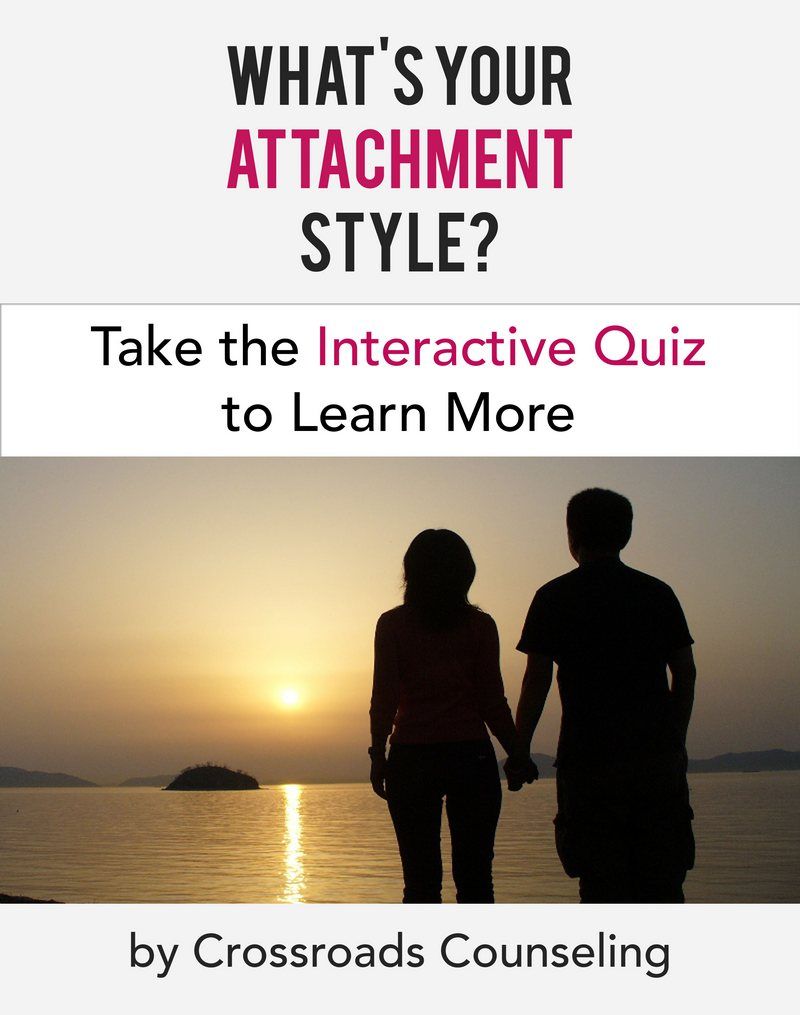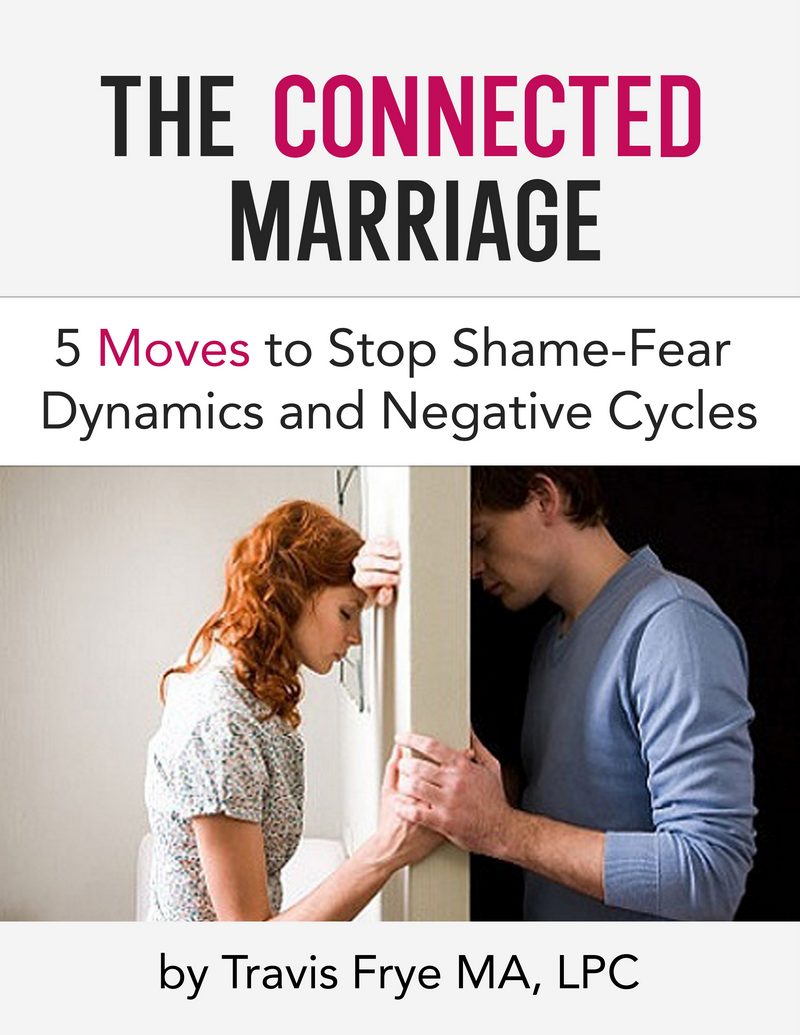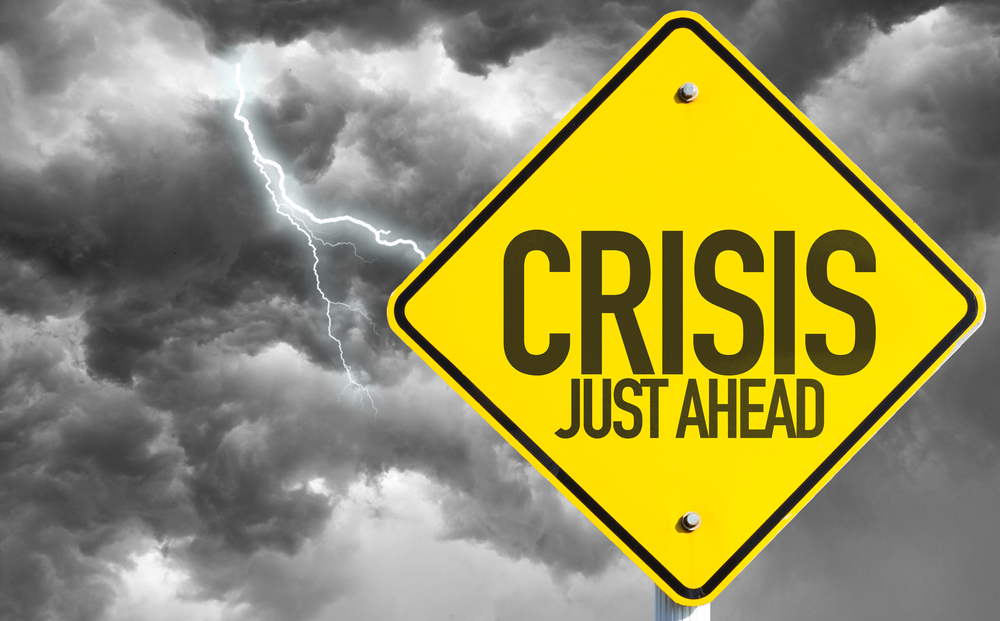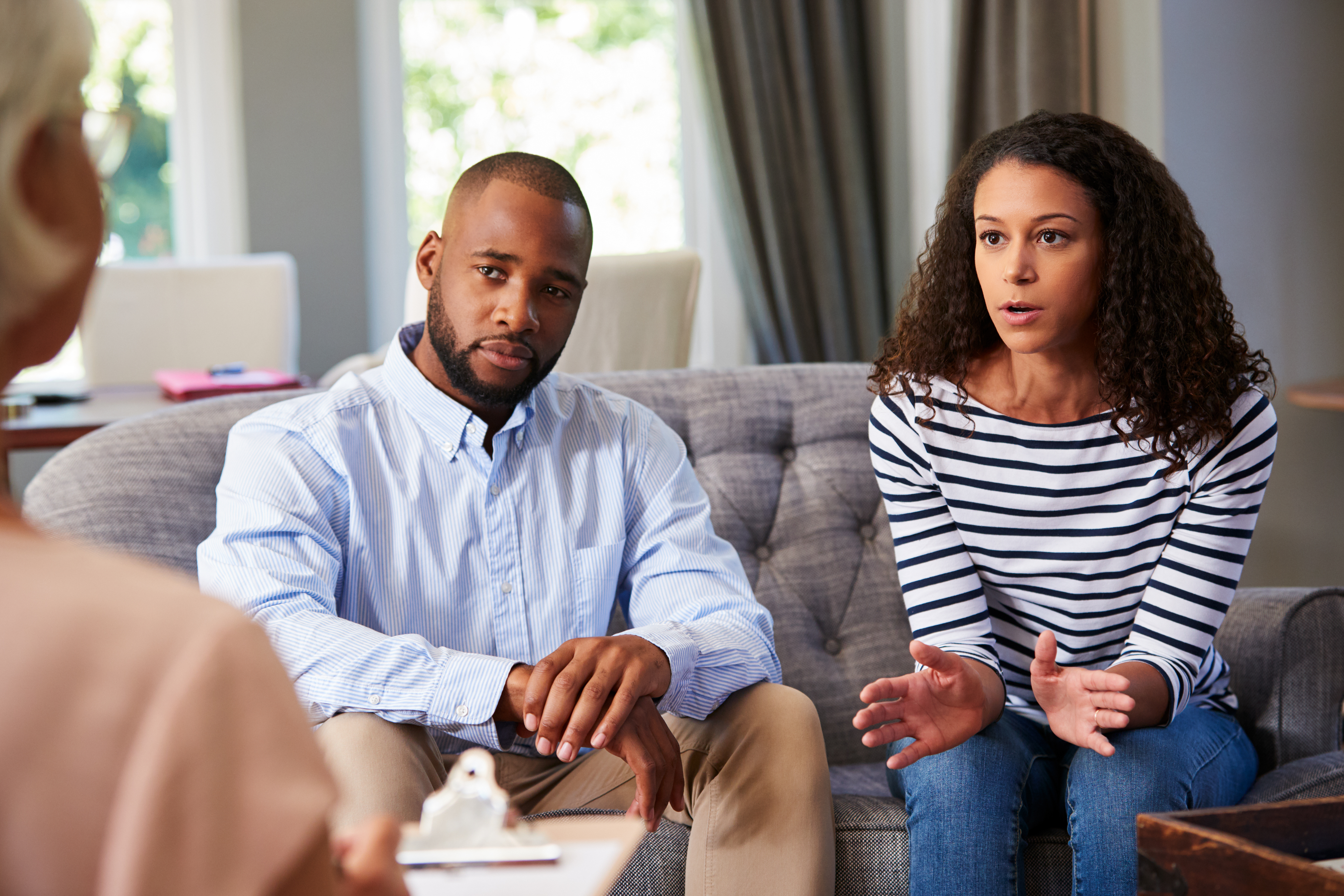Codependency and interdependency are, unfortunately often used interchangeably when describing issues within relationships. But, using them that way can lead to a misdiagnosis of what’s really going on.
There are big differences to understand between the two. Understanding those differences — no matter how subtle — will not only help you better grasp how to improve the issues, but can help you (or a partner) get the right kind of treatment.
With that in mind, let’s look at the major difference between codependency and interdependency, and what can be done about either having a negative impact on your life.
What Is Codependency?
The major difference between codependency and interdependency is that codependency refers to an extreme dependence on another person. If you’re in a relationship and your whole life revolves around that person’s happiness, to the point where it might negatively affect your own life, that’s a sign of a codependent relationship.
In codependent relationships, there is typically a lack of boundaries. One person in the relationship is the people-pleaser, while the other person might take advantage of that.
Of course, codependency doesn’t limit itself romantic relationships. A codependent person typically has a lack of self-esteem, and often a lack of self-image. They base their value and worth on what the people in their lives think of them, even if it costs them everything.
In codependent relationships, there’s often poor communication because the codependent person isn’t expressing their wants or basic needs. So, the relationship is heavily one-sided.
What Is Interdependency?
Interdependency refers to relationships where both people have enough independence that they don’t allow the other person to “control” their lives. They don’t lose their sense of self within the relationship. They maintain their identities, which helps with everything from self-image to self-esteem.
On the surface, that’s a good thing. Having your own life and identity when you step into a relationship of any kind will make it easier not to lose yourself in another person. But, interdependency can turn into something toxic if it goes too far.
In a healthy interdependent relationship, both people take care of themselves while maintaining a sense of closeness. They might depend on each other for certain things, but it doesn’t take away from who they really are. They understand that they both have strengths and weaknesses and aren’t afraid to ask for help when it’s needed.
In some cases, however, interdependency can showcase your vulnerabilities to the point where a partner could take advantage of you. Or, you might both be so set on being as independent as possible that it causes a lack of closeness, openness, and intimacy in your relationship.
What Can You Do?
Obviously, the goal is to have interdependent relationships with open communication and equal support. Codependency is often extremely toxic and can cause your needs to be completely overlooked.
If you’re not sure whether you’re in a codependent relationship, ask yourself whether one person seems to control everything in that relationship. Does one person give up their own self-care for the other? Is one partner anxious without the other around?
These are all signs of codependency, and they could be damaging your current and future relationships.
Finding a balance in your relationships and being able to maintain your sense of self is essential. If you feel like you’re struggling with codependency, one of the best things you can do is reach out for professional help. It’s possible those codependent tendencies stem from childhood. Getting to that root cause is the first step toward truly healing.
Next Steps
If you need help with dynamics related to codependency and interdependency there is help. Call Crossroads at 623-680-3486,text 623-688-5115, or email info@crossroadsfcc.com. You can ask all the questions you have and see if therapy at Crossroads is the right fit for you. You can also learn more about Emotionally Focused Couples Therapy (EFCT) as well. Our offices are conveniently located throughout the Valley of the Sun including Phoenix, Anthem, and Scottsdale. We would be honored to support you in better understanding your relationship. You can start your therapy journey by following these simple steps:
- Contact Crossroads Counseling
- Meet with a relational therapist
- Begin addressing your breakup struggles

